The last blog in this space was an interview with Schatzie Brunner, who discussed her experiences with TMS treatment. Recently, I ran across an article in Readers Digest in which Natalie DeGravel speaks similarly highly about her TMS experience at UCLA.
This is important to me because there was a similar testimony with a video over seven years ago that was available for me to show patients when I first began offering TMS as a treatment option. This video involved UCLA and a lady named Charmain Carr, who many of us remember as Liesl Von Trapp in the movie The Sound of Music.
A number of people frequently ask how TMS works for the majority of patients. It turns out that most people respond to TMS, and a considerable number of them go into remission, according to research. It is important for people who have depression and those who love them to know that TMS exists. It is a tool that can be used by patients with depression who want their lives back.
Recently, Greenbrook TMS published a video about their experiences providing TMS that is worth noting. Greenbrook has expanded their footprint as they make TMS available to more patients in need.
When I give talks on TMS I ask who has heard of it previously. Now, some people acknowledge that they have, but for a long time no one knew of it unless they knew me or had heard me speak in the past. Even after TMS was on the local TV stations, various radio shows and newspapers (including USA Today), few people acknowledged that they knew of the treatment. When I give these talks, I usually begin by indicating that it will be a “Good News” talk and that over the years we have seen many people have positive responses. I wish it was 100% successful, but we continue to learn and try to figure out what we can do differently.
I am glad we have a group of TMS practitioners in The Clinical TMS Society that continue to address these issues. As a member of the insurance and standards committees I see these efforts on an ongoing basis. These committees, as well as the outreach committee, pursue ways to ensure TMS is provided in an efficacious manner and is available to those who need it. Although most insurance companies cover TMS now, there continues to be a need for higher standards of care and better accessibility of care.
If depression is interfering with your functioning, please contact someone who has the experience and authority to discuss therapeutic possibilities. Many options may be effective. Each treatment option has pros and cons, and sometimes combinations are necessary. Find someone with whom you can work and learn about your options. Most importantly, remember that there is reason to have hope.

